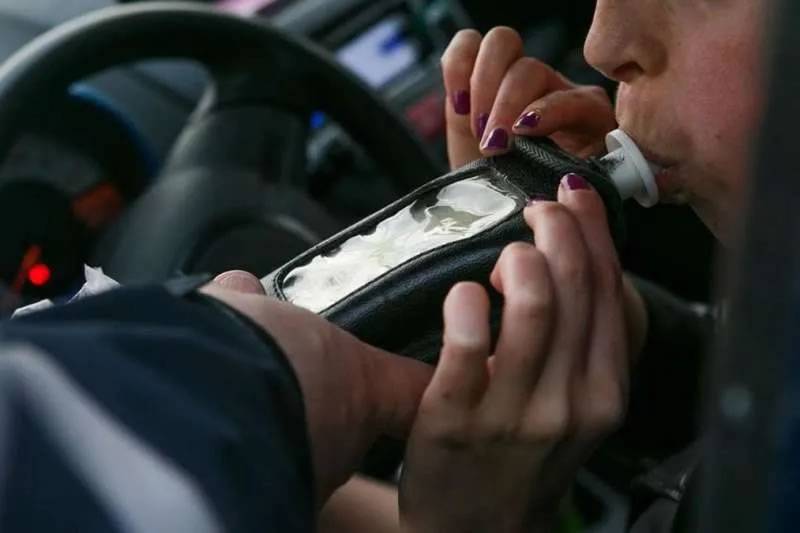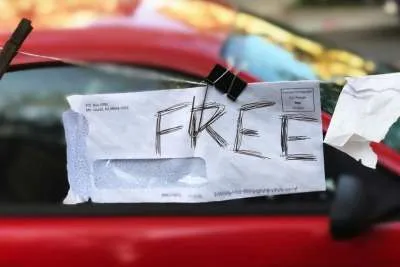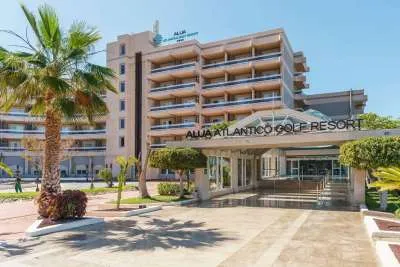Important Canary Islands Laws you should know about
- 11-06-2025
- National
- collaborative post
- Photo Credit: CW Stock Image
The Canary Islands operate under Spanish law, but they also have specific regional regulations that affect residents and visitors alike. Understanding these local rules can save you from unexpected fines and legal complications during your stay or residence on the islands.
Gambling and Casino Laws
All gambling on the islands follows Spanish national law. The DGOJ regulates everything from lottery tickets to casino games. You must be 18 to gamble anywhere. Keep in mind that they check ID at both physical and online casinos.
The big casinos are Casino Santa Cruz in Tenerife and Casino Las Palmas in Gran Canaria. You'll find all the standard stuff: roulette, blackjack, poker, and slots. The government watches over them to make sure nobody's cheating.
Online gambling has grown a lot recently. People can play casino games on their phones or computers using licensed websites. Some players look for alternatives to restricted gambling sites, and platforms not regulated by GamStop offer different gaming options for international users (source: ukgamblingsitesnotongamstop.com).
These sites work under different countries' laws and give players more choices, though you should always check that any gambling site is legitimate before you sign up.
Casino companies need proper licenses and must follow anti-money laundering rules. The government has started restricting gambling advertisements, especially near schools. New laws put casinos at least 200 metres away from gambling shops and 300 metres from schools.
Holiday Rental Regulations
Renting your property to tourists has become much more complicated recently. Starting in April 2025, owners who want to rent out apartments in residential buildings need approval from 60% of the other owners in their complex. This is a big change from before, when you could rent as long as the building rules didn't specifically ban it.
All tourist rental properties need a VV license from the government. If you don't have one, you could face serious fines starting in July 2025, when the authorities will stop unlicensed properties from operating completely.
There's also a new rule about timing. Any property built after the law takes effect must be used as a regular home for ten years before it can become a tourist rental. The government lowered the minimum size requirement from 39 to 25 square metres, but now properties need extras such as parking spaces, or they must create local jobs.
Driving Laws and Speed Limits
When you drive around the islands, you follow the same basic Spanish traffic rules. Most urban areas limit you to 50 kilometres per hour. Country roads let you go up to 90 kilometres per hour. The highways allow 120 kilometres per hour, though you'll see signs posted everywhere.
The drink driving limits are strict here. Your blood alcohol can't exceed 0.5 grams per litre. If you've had your license for less than two years, the limit drops to just 0.1 milligrams per millilitre. Get caught and you'll pay at least 500 euros. If you refuse the breath test, you could end up in jail.
You can't touch your phone while driving, not even when you're stuck in traffic. The police treat using a GPS while moving as a serious violation. Everyone in the car must wear seatbelts. Kids under 12 can't sit in front unless they're taller than 150 centimetres.
Public Drinking Restrictions
The islands are pretty clear about drinking rules. You can't drink on the streets or in public spaces unless you're at a proper restaurant, bar, or their terrace. The Balearic Islands are way stricter: they'll hit you with a 500 euro fine for drinking in public.
You must be 18 to buy or drink alcohol anywhere in Spain, including here. Shop workers will ask for ID if you look young. They're required to check because selling alcohol to minors is illegal.
The Canary Islands don't have the six-drink rule that limits tourists in places such as Mallorca and Ibiza. Hotels here can serve as much alcohol as they want to all-inclusive guests. Shops can also sell alcohol at any time of day or night, unlike other Spanish tourist areas.
Gamble Responsibly: Gambling should be enjoyed as a form of entertainment, not a way to earn money. Always gamble within your financial means and set limits to stay in control. You must be 18 or older to participate in gambling activities. If you or someone you know has a gambling problem, seek help from organisations like FEJAR (Federación Española de Jugadores de Azar Rehabilitados) at www.fejar.org. Stay safe and gamble responsibly.



























































